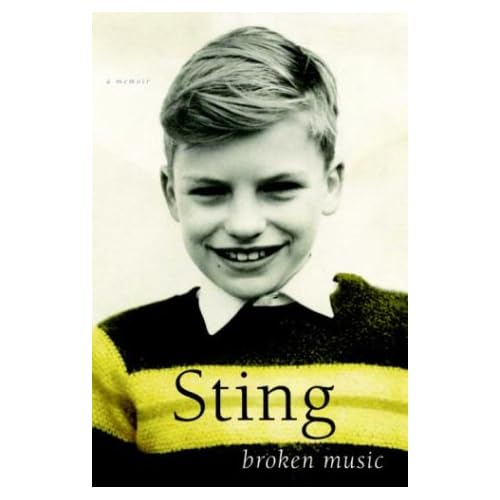People often say, “Oh I don’t get poetry” and wouldn't try to read two lines. Performances like these visually illustrate the simplest purpose of poetry – the need to express and communicate to another.
I have to admire these artists because they can voice their poems. For me, writing is an act that is necessary as breathing. Yet, I’ve only read my poetry aloud to a few friends in writing groups. A year ago for the first time among strangers at a workshop, I read my work aloud. Afterwards, I was overwhelmed physically - blood was rushing and my body temperature must have risen 100 degrees. I received a positive response, which was encouraging and gave me confidence.
I don’t have a problem with public speaking. I taught and led presentations to clients, colleagues, professors and classmates. I’ve been the MC and made speeches at various Indian events. Not a problem.

I have public speaking confidence when what I’m presenting is not me. To read poetry or my writing would be to step into a zone of vulnerability and exposure.
When I watch spoken word poets, I know they’re taking their talent to the next level, which is where I need to be.
Another point for me is that writing is as solitary and silent act. I do read my work to myself, usually to check for rhythm.
When I read or write, I have this ‘voice’ in my head. The voice doesn’t trip over words, she glides and breathes into them. I like to write about ethereal topics. By actually articulating the poems, my voice makes the words seem so ordinary and lose their magic.
This is why I have to admire the talent of the Def Poetry performers. They know how to breathe life into the words and make them the voice you recognize in your head.
There was a girl in one of my writing groups, who was a poet. We found ourselves having difficulty connecting to her as a person because of her insecurities. She was inconsistent; she resisted sharing simple things, but then revealed too much. I saw her present one of her poems in a public performance. I was amazed how she transformed. She owned the stage. That was her space, those were her words, and that was who she was! For some poets, the public performance is a validation of who they are.
